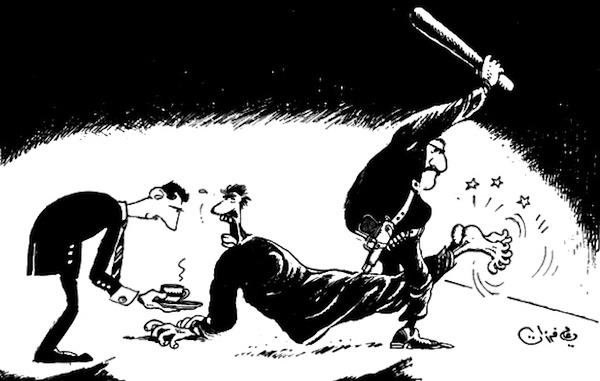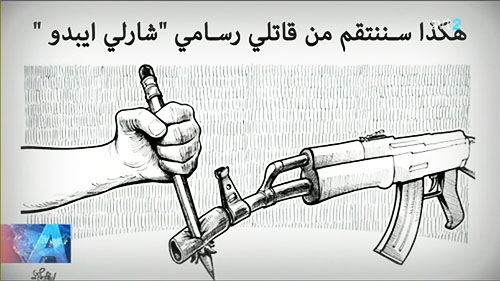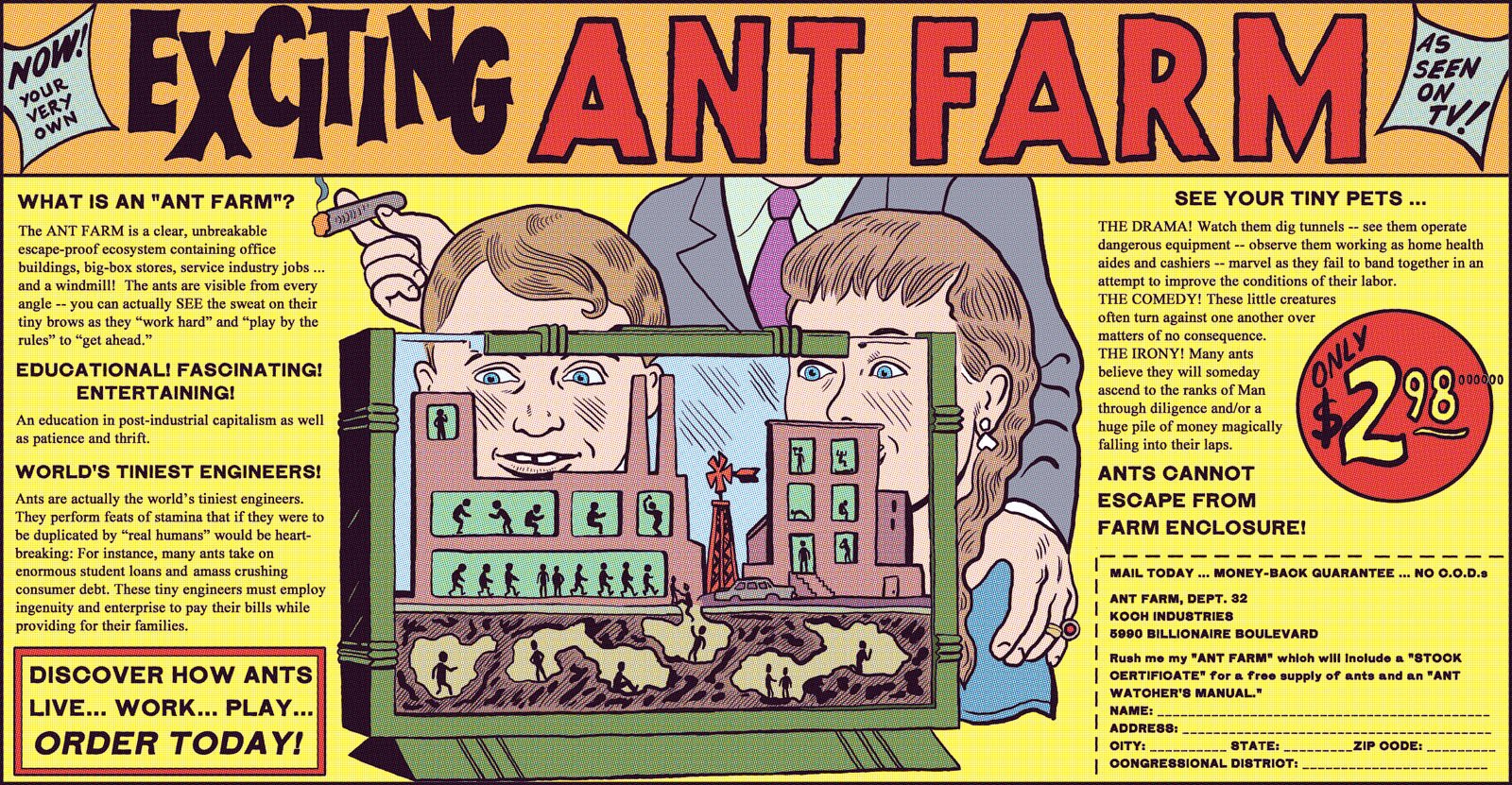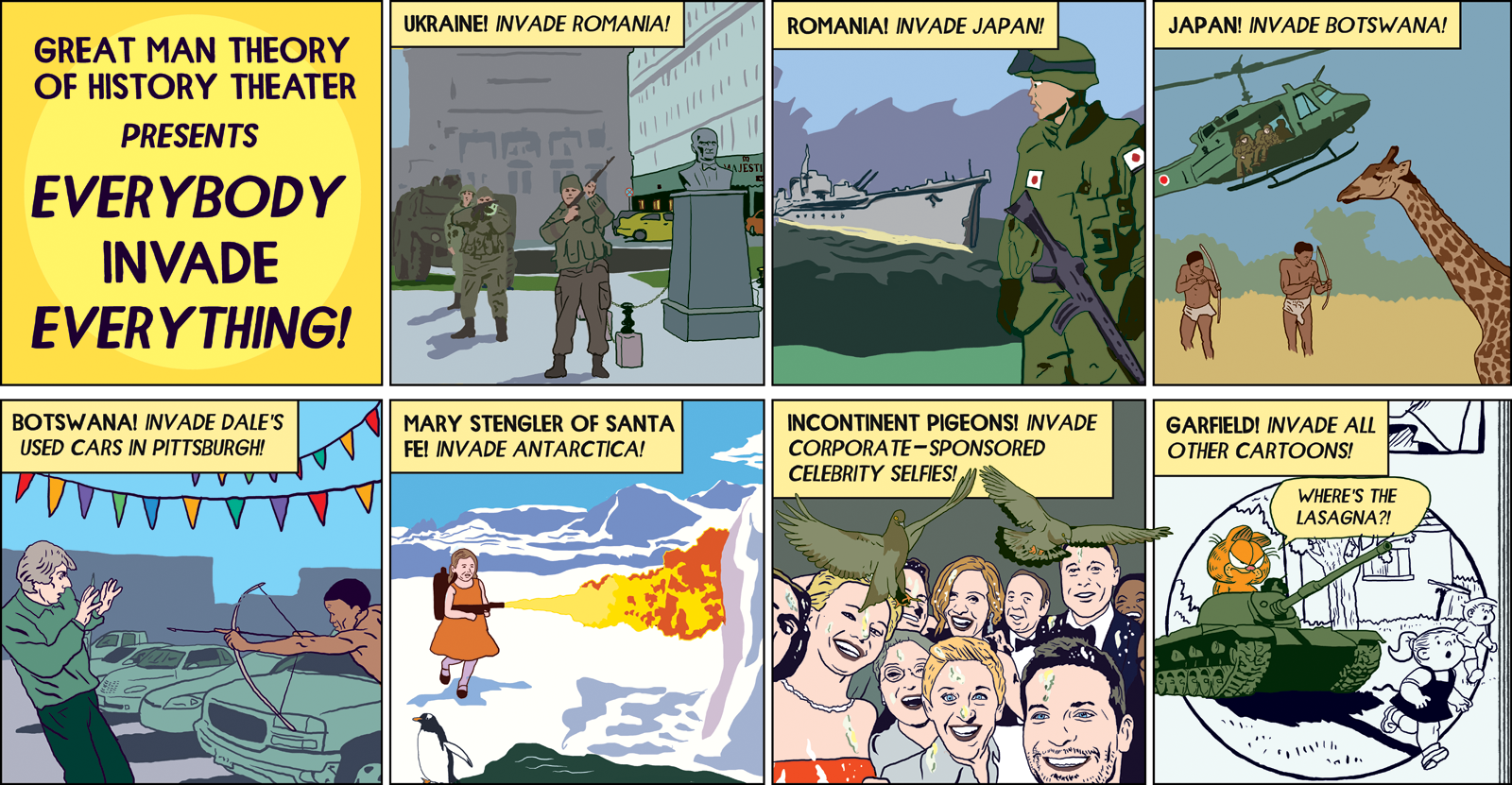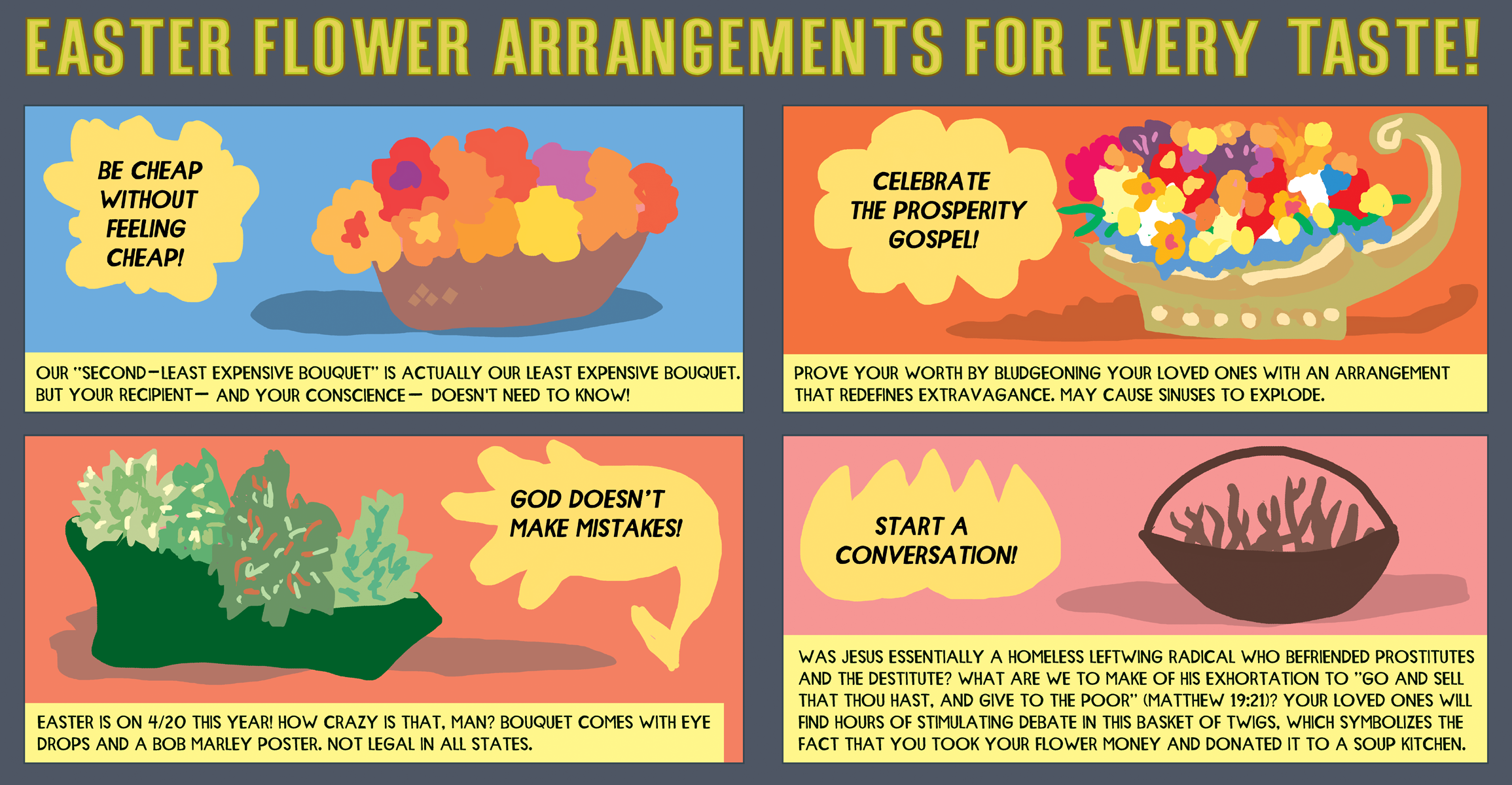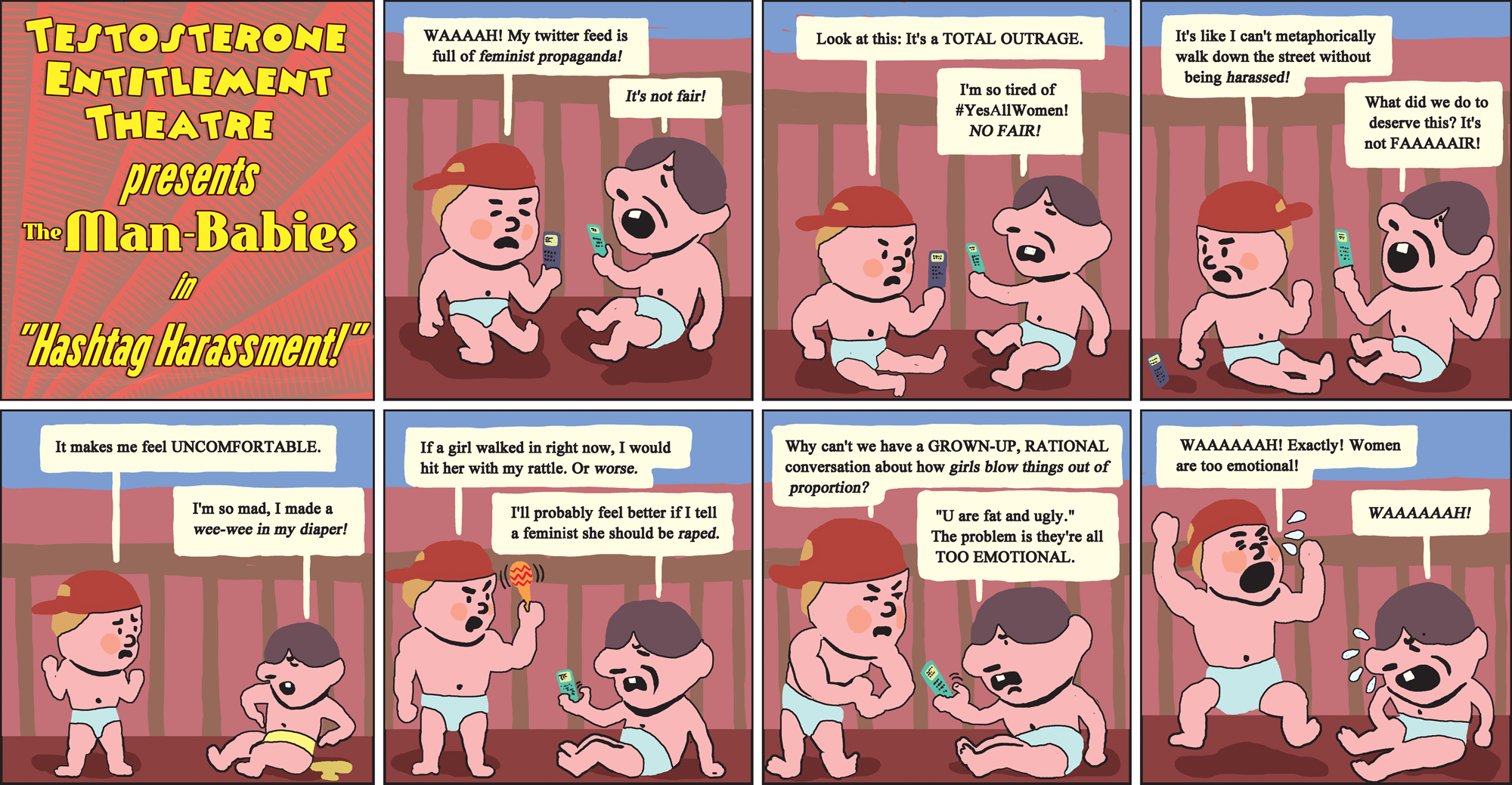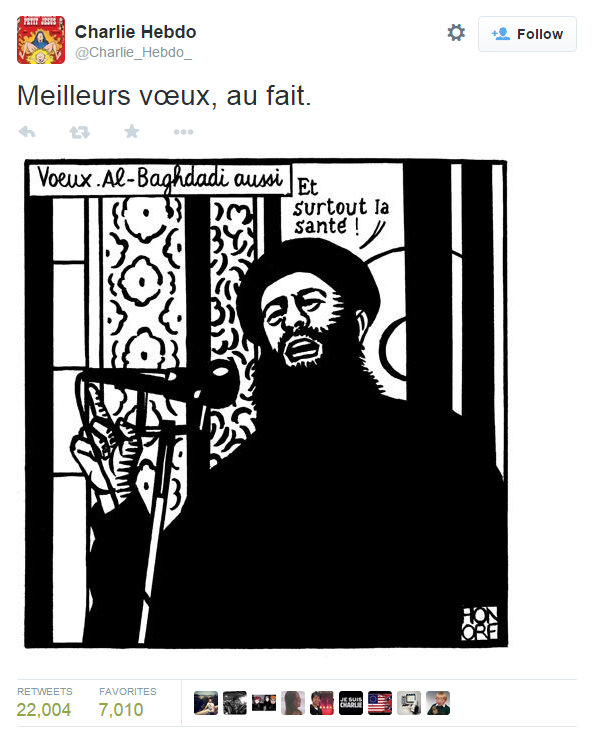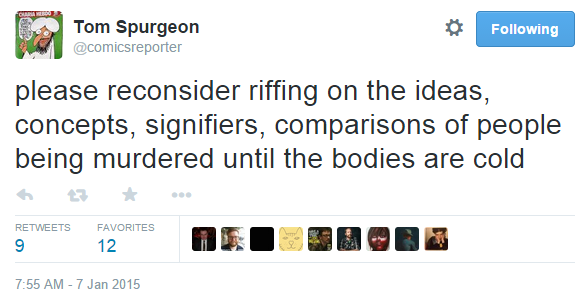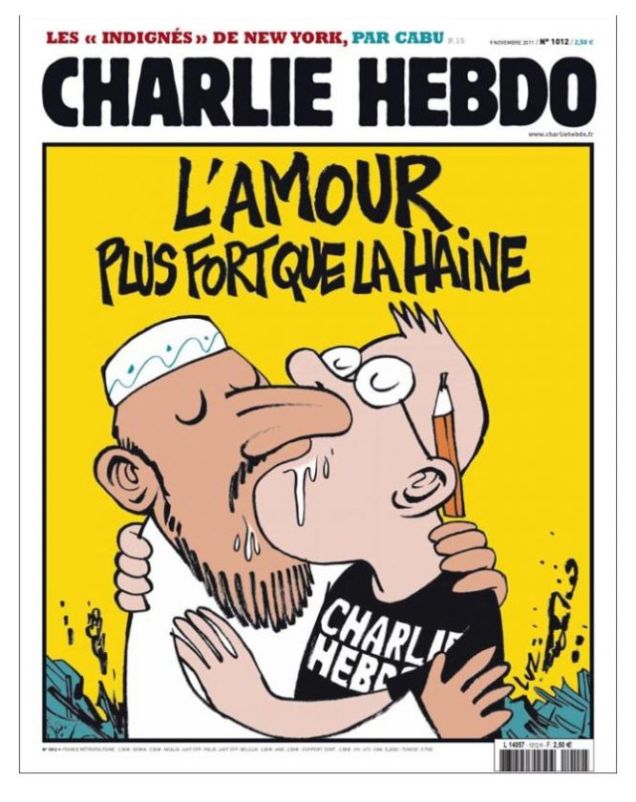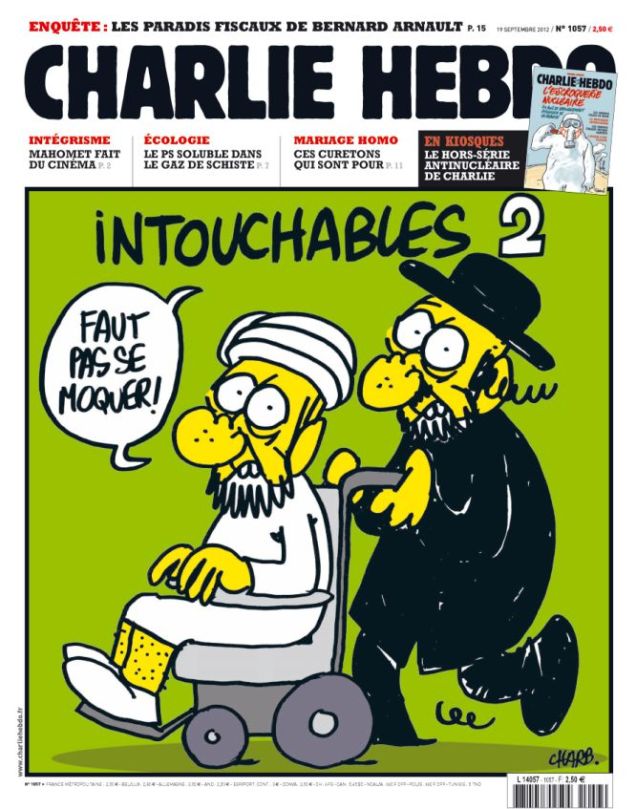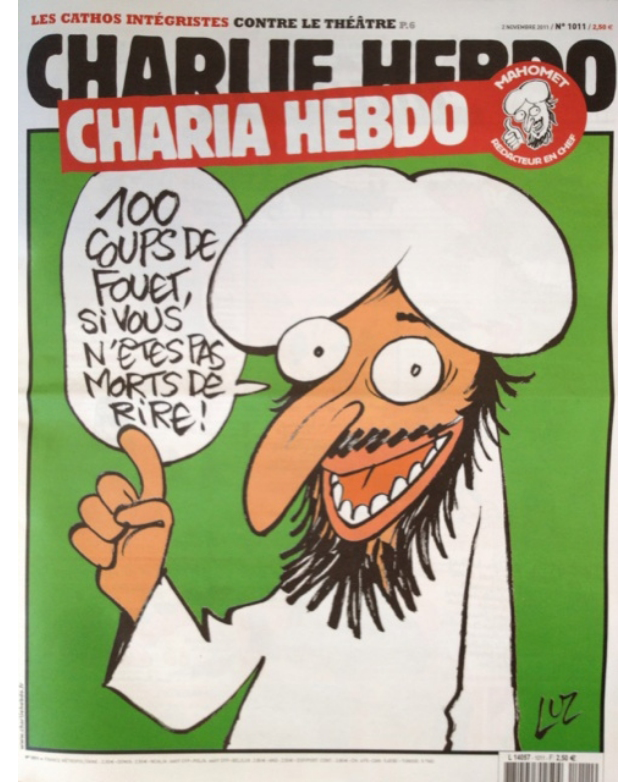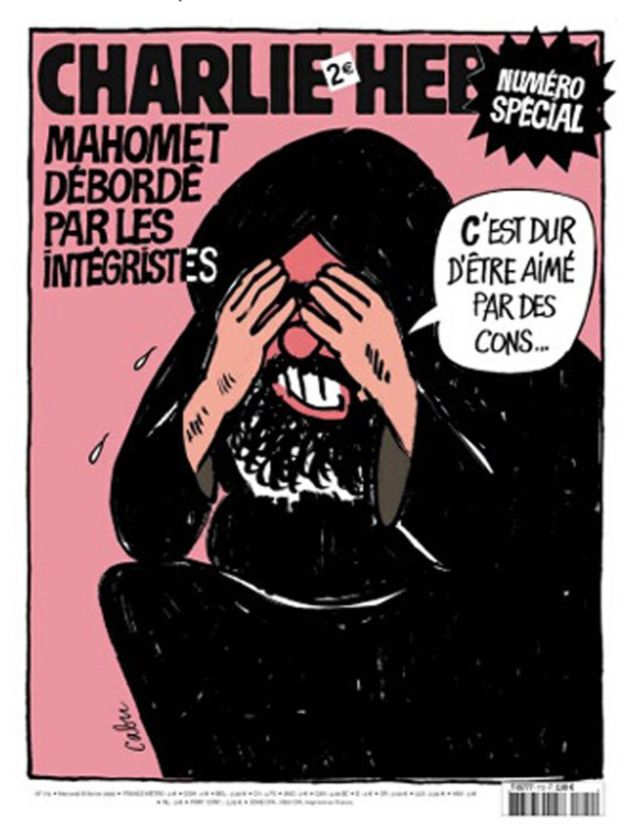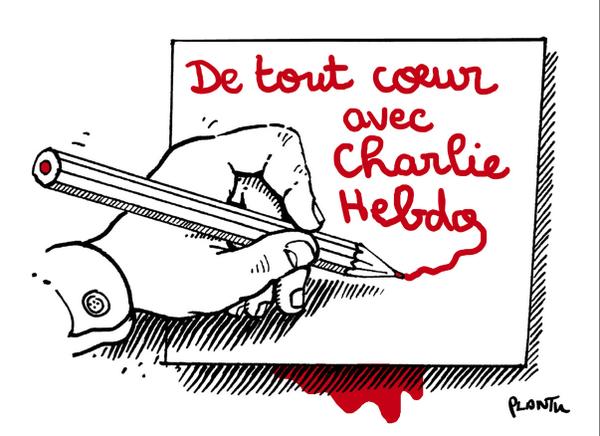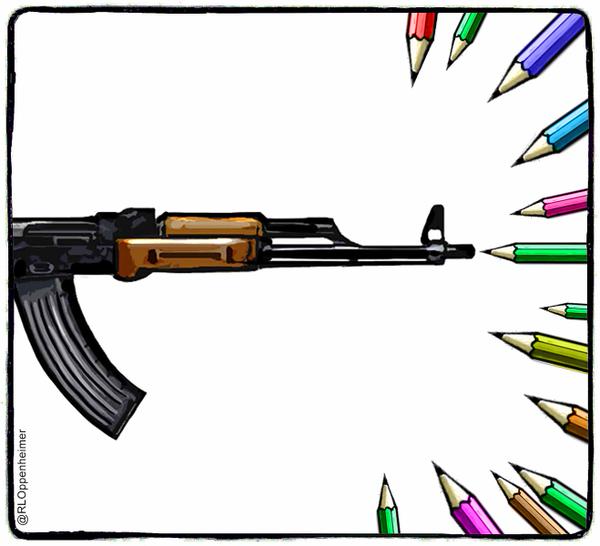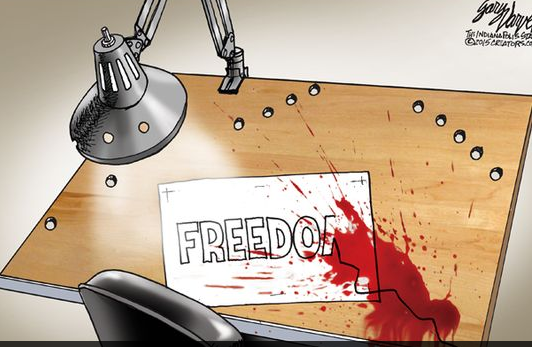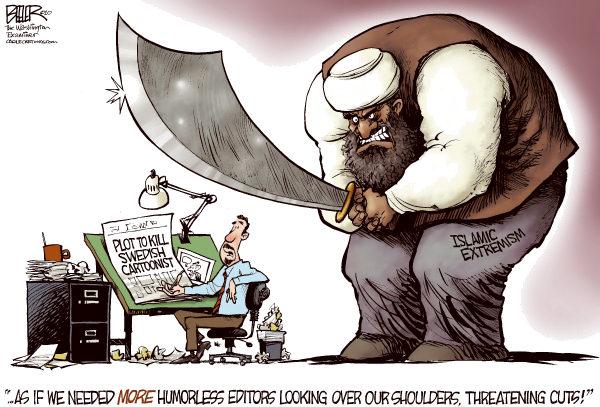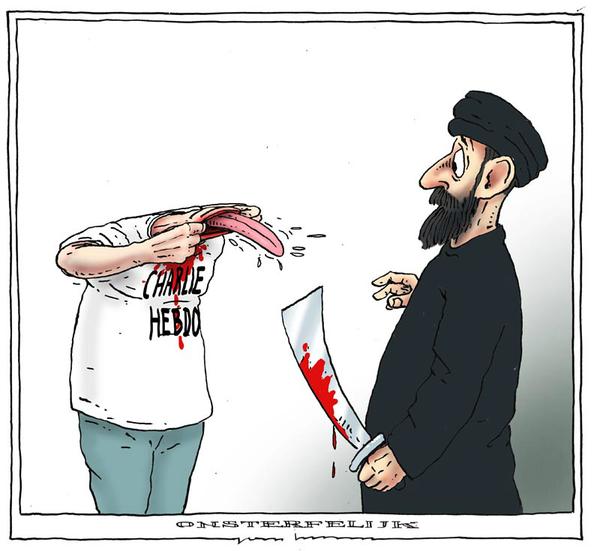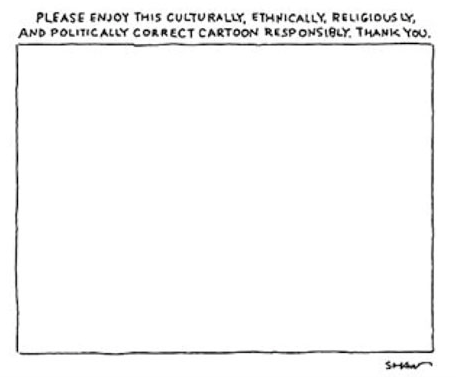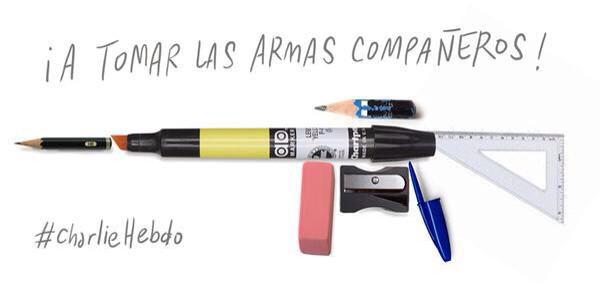Let’s talk about Ali Ferzat.
Ali Ferzat is a Syrian political cartoonist. A scathing one. He gets right to the point in his drawings and isn’t known to shy away from what he sees as dirty politics. This was no exception when Bashar al-Assad came into power in Syria. In August 2011, Ferzat was seized by a militia group loyal to Assad and beaten—his assailants made extra sure to break the bones in his hands. While Ferzat survived the attack, he is now living in exile in Kuwait.
Political comics reign supreme in the Middle East, a place where politics and religion are The (capital T) biggest games in town. Humor is a universal tool, after all, and humor always makes such heavy topics easier to digest. The same can be said of political comics in the United States, but, I’m sorry, in the Middle East? It’s an old-fashioned throwdown. Their humor is scathing and raw and it sometimes causes revolutions. The people in charge know this. The press—including the comics printed in the papers—is tightly regulated, and cartooning is a heavy form of activism. I want to talk about the Arabs in the Middle East whose tools of dissent are also pens and brushes, who are in the line of fire—not just from terrorist groups, but sometimes their own governments. And, guess what, they’ve also had some opinions about the Charlie Hebdo attack.
Translation: This is how we get revenge on the cartoonists’ killer. By Lebanon’s An Nahar.
The first comics I ever had access to were the comics of Naji al-Ali. Though political comics existed in the Middle East before he started creating work, this guy worked his mojo. I think it’s safe to say that he’s still the most famous Arab cartoonist to date. His iconic character, Handala, is still referenced in comics drawn today. He was a Palestinian refugee, and his work very much reflects this. He felt for the Palestinian everyman and was scathing toward the ineffectiveness of Arab countries, the ambivalence of the West, and the cruelty of Israel. No one was safe in his comics, and he made so many enemies that he was exiled from most Middle-Eastern country and settled in London, where he was murdered in 1987. They never caught the perp.
I remember seeing his comics for the first time and thinking how terrifying they were.
I won’t even address the blatant racists/religionophobes who claim Muslims/Arabs are the source of all evil, because I don’t talk with those people and they aren’t worth the kilobytes. I’m talking about microaggressions. I’m talking about absolute silence and the feeling of speaking to walls. Unless Whites end up being the ones in the crosshairs. (An officer was also killed at Charlie Hebdo, but—let’s be real—most of those outside of the Muslim/Arab community are not paying much attention to Ahmed.) (And then there were the four Jewish hostages killed—targets only because of their freedom. I unfortunately can’t say that I heard much noise made about them, either. Is there something about exercising one’s rights passively, instead of aggressively, that’s less newsworthy? Is it the same turning wheel that blocks out Ahmed? My gut tells me it’s both of these things.)
Suddenly the cartoonist’s ideal is under attack and our free speech is thwarted—except it always has been, in plain sight. Just read the top BBC News stories every morning. There’s no shortage of misery. We never talk about those lives since they aren’t “here,” even though to the American psyche (and I can only speak of the American psyche), France is a part of “here,” while half of the world is not. The problem is that we’re all connected, whether we like it or not. We inhabit the same universe. I just read about Boko Haram terrorizing Nigeria. These are people who are slaughtered—who are fleeing in droves—because they are moderates being overtaken by radicals. How do we care so much about some types of terror, but not others?
I’m going to talk about myself, because I want to explain that sick feeling I’ve had in the pit of my stomach for the past few days.
I call The Hookah Girl my “heartbreak book.” The comic is about Palestinians being human. No publisher would touch it, though one had the grace to tell me they feared being firebombed (they didn’t specify by whom—hipsters wanting their money back?). A Jewish man who told me I should be ashamed of myself for the comic brought me to tears on the Javits Center floor. I co-created a comic strip that was actually picked up by a certain syndication company. The comic was also about Arabs being human. The marketing team didn’t sell the strip to a single paper. Did they try? No idea. I just know that I learned a lot about the media from that experience. I wrote a scholarly paper about women in Middle-Eastern comics that highlighted the portrayal of women in these comics as well as the flesh-and-blood female cartoonists who are actually creating them. Palestinian society and politics are something I keep a close eye on because, well, I’m half Palestinian, I’m sort of interested in that kind of thing. I talk about it. I’ve had people take me aside and tell me I’m doing something positive but they themselves could never “publicly” say such things. I’ve lost friends because of it, too. I had to jump through some extra-special hoops to get my passport and one time the FBI came into our apartment while we weren’t there to search it (I hope they enjoyed the pile of dirty dishes in our sink).
This has been the loneliest, most Sisyphean road. And I’m tired. I’m really tired.
I understand the need to do something constructive with the outrage. I would never take that from anyone. But take this opportunity to remember that the world is in a fight against radicalism and all its members need solidarity. Think of the activists who are still alive—you don’t have to be dead to be a hero.
Je ne suis pas Charlie; je suis tout le monde.
________
For all HU posts on Satire and Charlie Hebdo click here.

